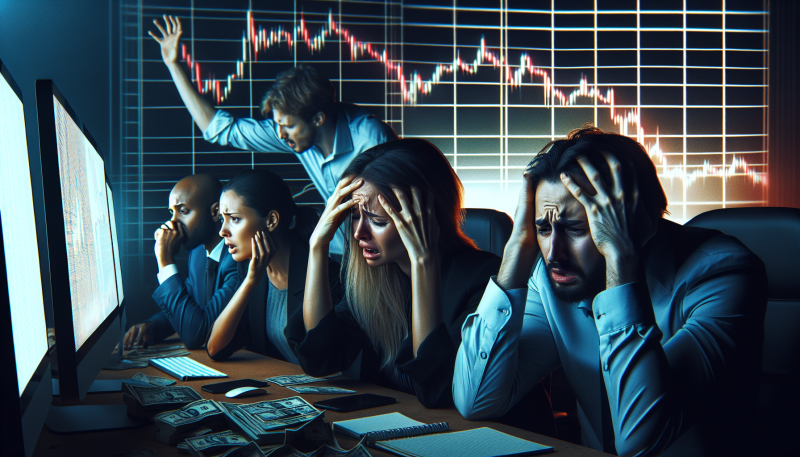What happened?
Crypto markets experienced extreme volatility and a recent crash wiped out billions in a single day, sparking widespread reports of traders in severe distress. A large review from the National Library of Medicine found that crypto traders show higher levels of anxiety, depression, loneliness and addictive behaviors similar to gambling. Stories of people losing everything — and even reports of suicides after big liquidations — highlighted how damaging rapid market swings can be to mental health.
Who does this affect?
Retail traders and investors who trade frequently or tie their self-worth to portfolio gains are most directly affected by the emotional toll. Professionals in the industry, platform staff and community members also feel the strain through burnout and increased demand for support. People with prior mental-health issues or gambling tendencies are especially vulnerable, and entire crypto communities can be shaken when big losses ripple through social channels.
Why does this matter?
Mental-health fallout can drive panic selling and impulsive decisions that amplify volatility and worsen market crashes. Exchanges and platforms risk reputational damage, regulatory scrutiny and user attrition if they don’t implement safeguards like trading cool-downs, reality-check tools, and links to mental-health resources. Over time, unchecked harm could scare away new capital, prompt stricter rules, and change how people trade — pushing markets toward safer, more sustainable practices.
